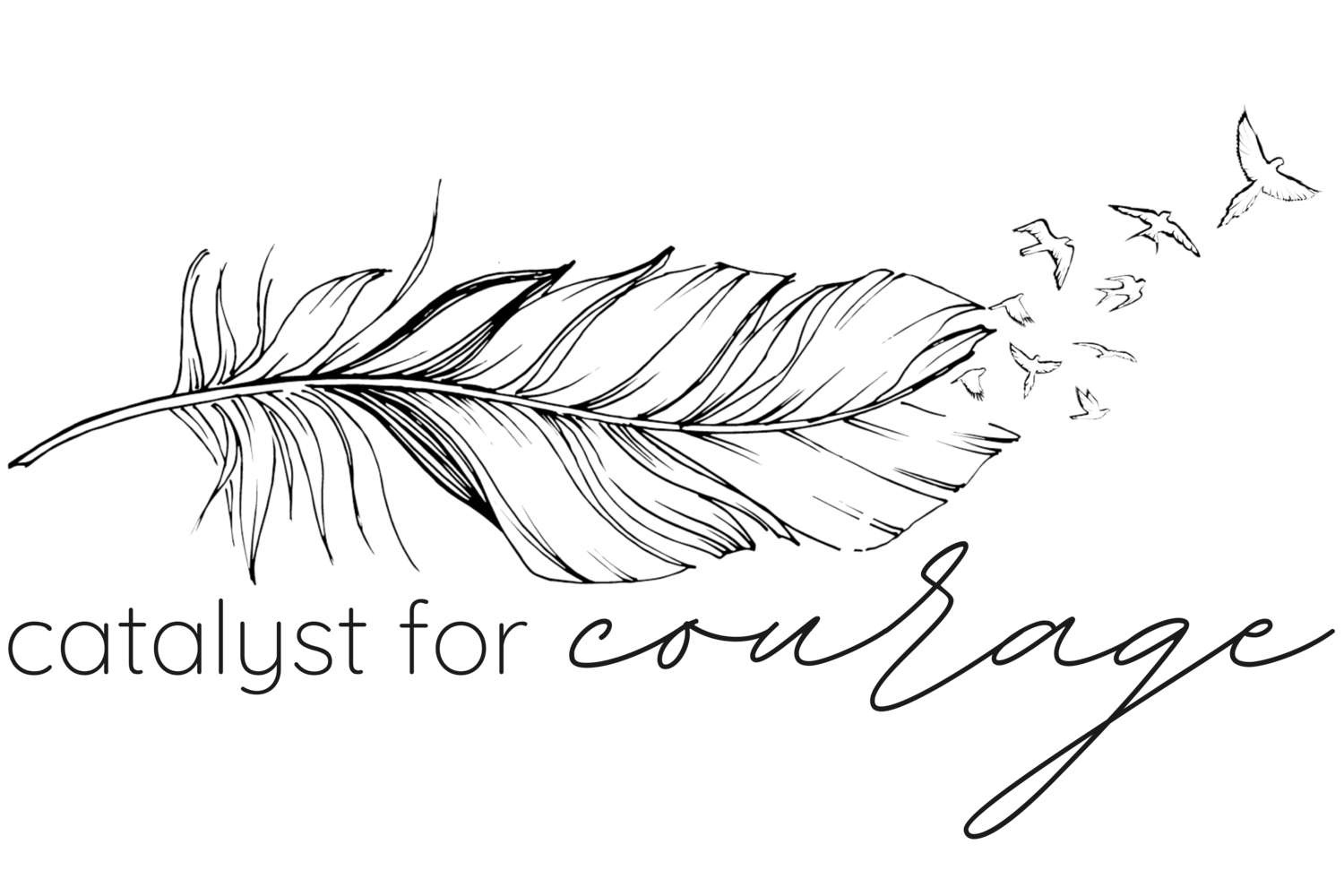Feeling Angry after Infertility or Loss? Anger is Often Just the Tip of the Iceberg.
“Where there is anger there is always pain underneath.” -Eckhart Tolle
I remember when I was in the middle of my journey with infertility and recurrent pregnancy loss. My therapist introduced me to the “anger iceberg”. I was in the thick of my journey of infertility and recurrent pregnancy loss, and I was angry. My therapist asked me every session what I was feeling and I would usually respond with something like “mad”, “pissed off”, “frustrated”, or “angry”. After about 3 sessions of me responding this way, she asked me how many words I knew to describe my emotions. I was offended at this question. After all, I had a degree in human services, was a certified trauma specialist, and aced every writing class I ever took.
What she helped me to realize is that although I technically knew a lot of words and was an educated person, I was actually very disconnected from my own emotions and could only use a handful of words to describe what I was actually feeling. This lack of self-awareness was not affecting me and my own thoughts and feelings about myself and my experience, but it was also affecting my relationships. Because I couldn’t identify and articulate what I was really feeling, I wasn’t able to communicate what I was really feeling with my husband, my friends, my family, or even my therapist. I felt so unseen and that no one really understood what I was feeling. And I was right. How could anyone understand what I was feeling when even I didn’t understand what I was feeling?
Over time, I realized that I wasn’t just “angry”. My anger was actually just the tip of the iceberg and was masking what I was really feeling. What I was really feeling was disappointed. Overwhelmed. Exhausted. Anxious. Forgotten. Lonely. Hurt. Grief. Sad. Defeated. Left out. Maybe you are feeling something similar, or maybe your anger is masking an entirely different set of emotions. Whatever it is you’re feeling beneath the surface of your anger, I want to help you uncover it and reclaim some control over your emotions. At the end of this post, you can download a free PDF document containing 2 copies of the anger iceberg (one blank copy and one pre-filled) and a guided journal template to help you discover what emotions your anger is masking.
Uncovering what we are really feeling is one of the first steps to being seen, heard, and understood in the midst of our suffering and is one of the first steps toward healing. There is so much power in being able to identify, name, and understand our feelings. I want to give you the same challenge my therapist gave me: The next time you are feeling angry, I challenge you to refer to the anger iceberg and ask yourself curious questions to uncover what you are really feeling beneath the surface of your anger. What emotions is your anger masking? I challenge you to keep a journal or a log and see if you notice a pattern over time. I challenge you to then share what you’re really feeling with someone else. Over time, you may find that it becomes easier and easier to identify your true, authentic feelings. You may find your outlook, thoughts, and feelings about yourself improve or change over time. You may find your relationships with others improve and you may start to feel seen and understood by those closest to you, perhaps for the first time or for the first time in a long time. I promise, you are not alone, friend.

